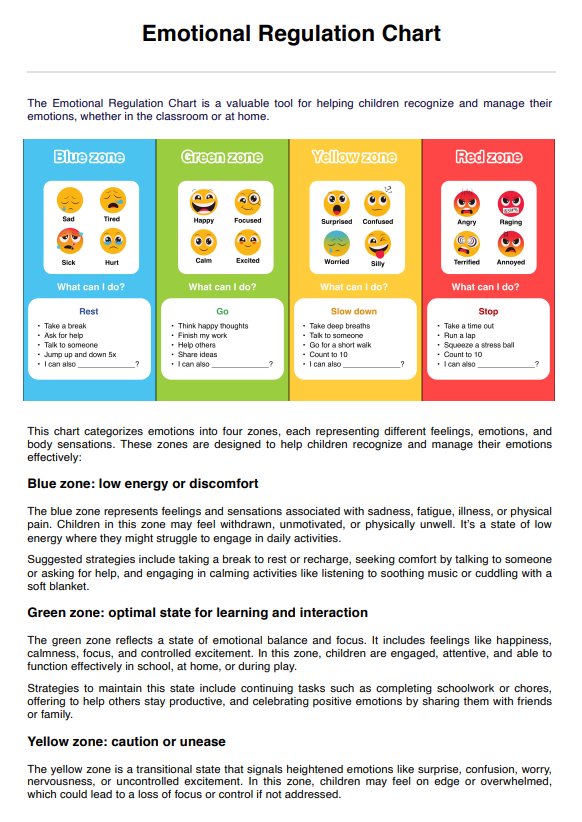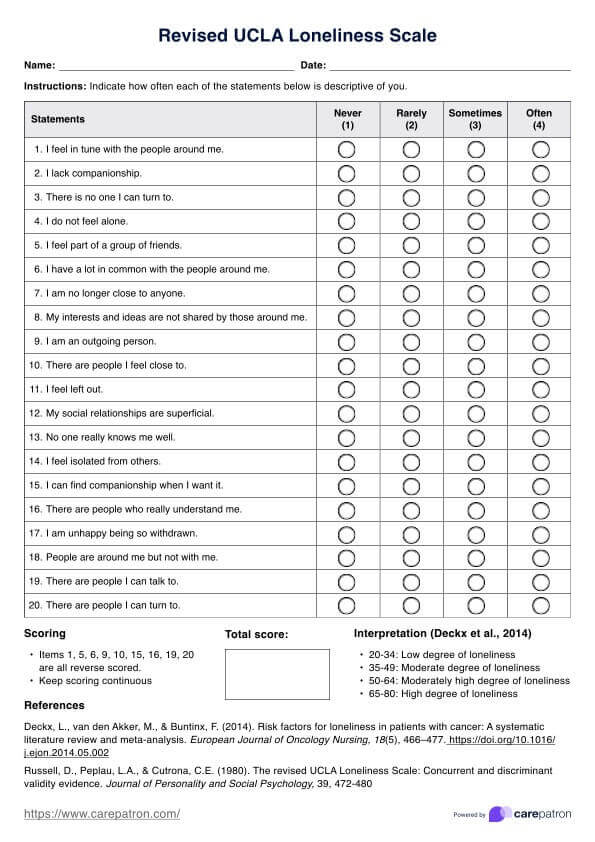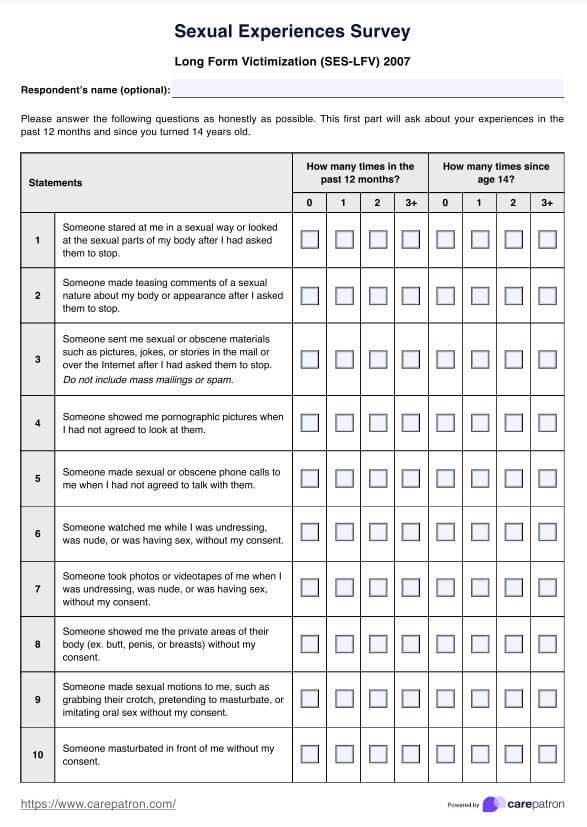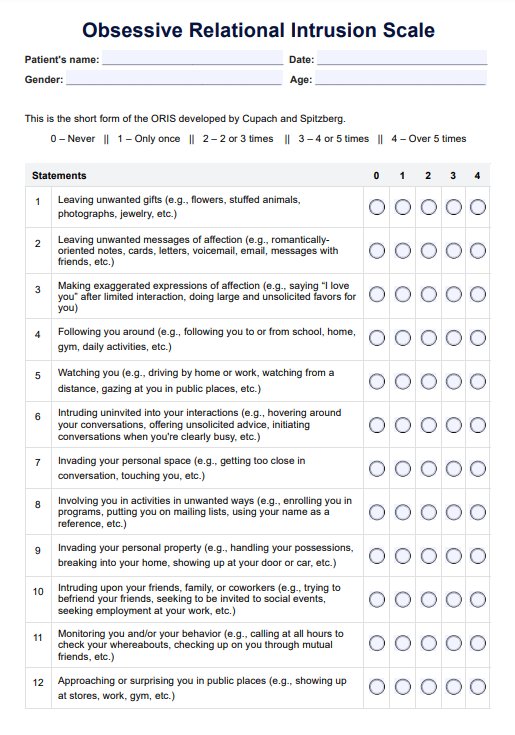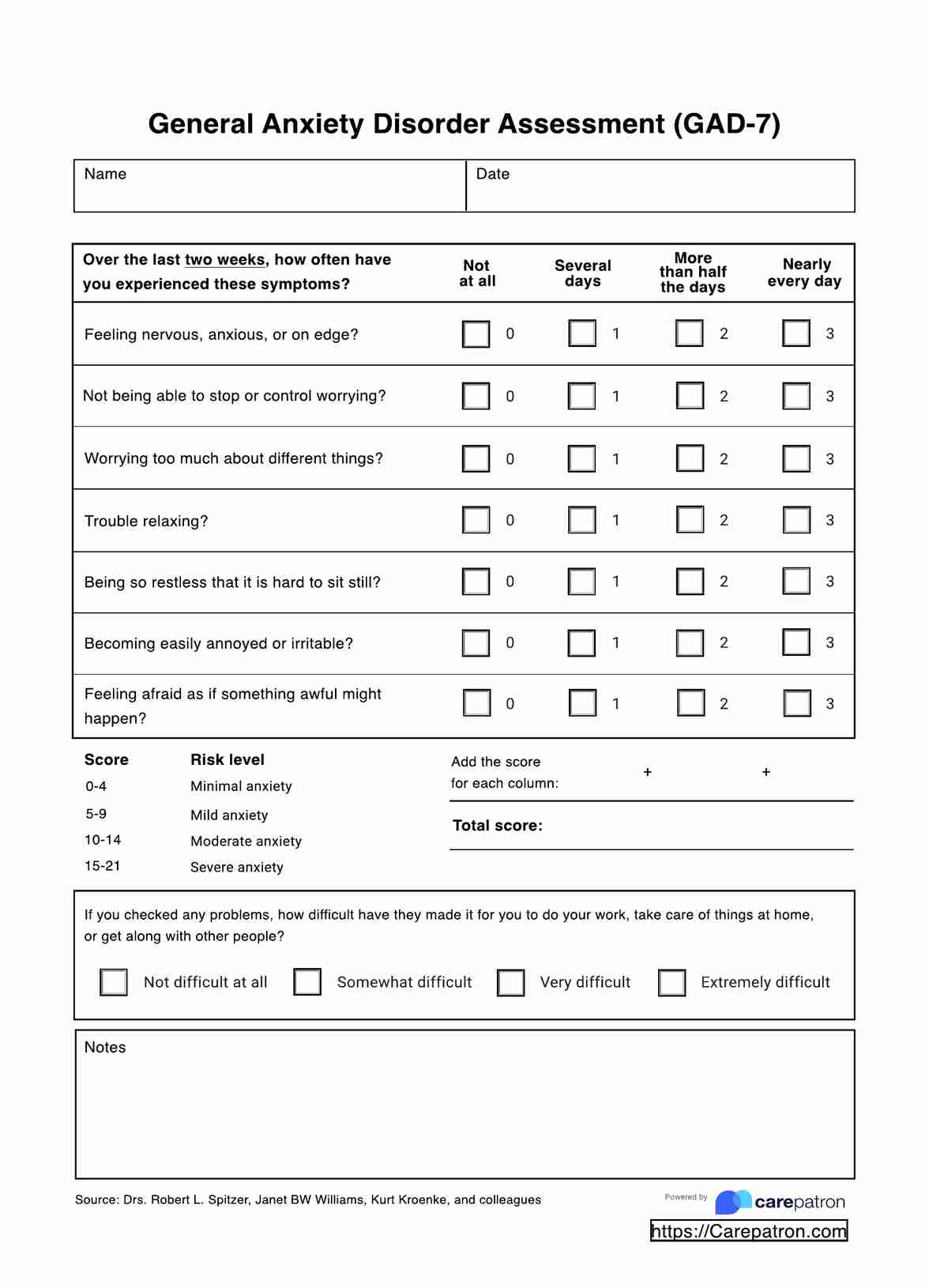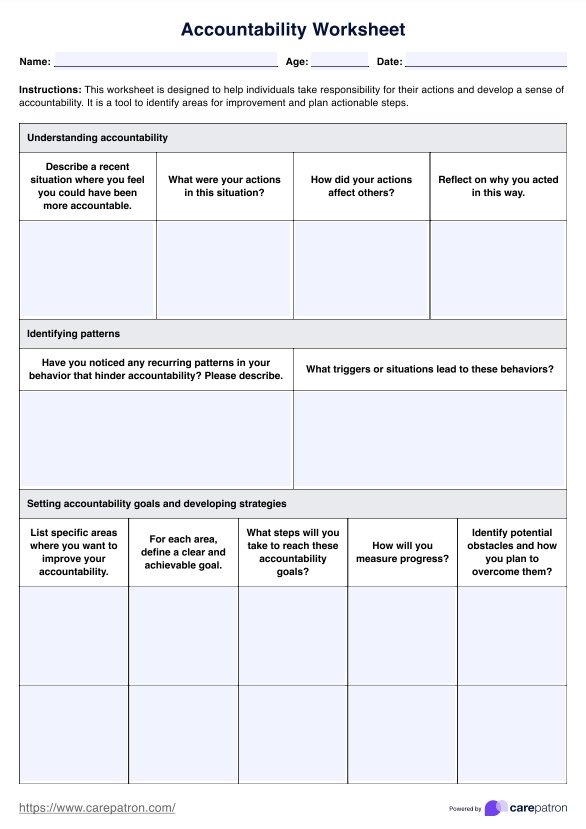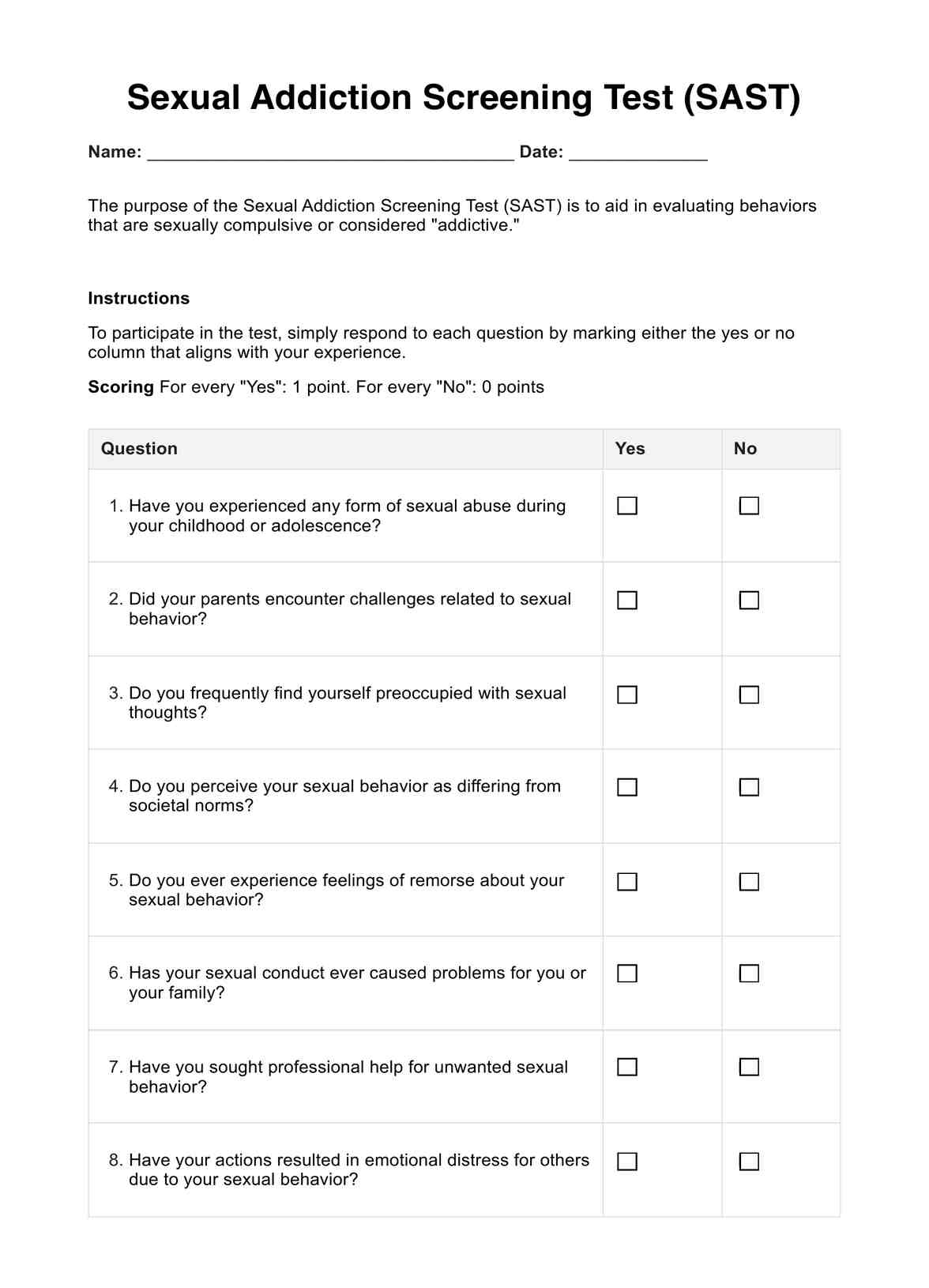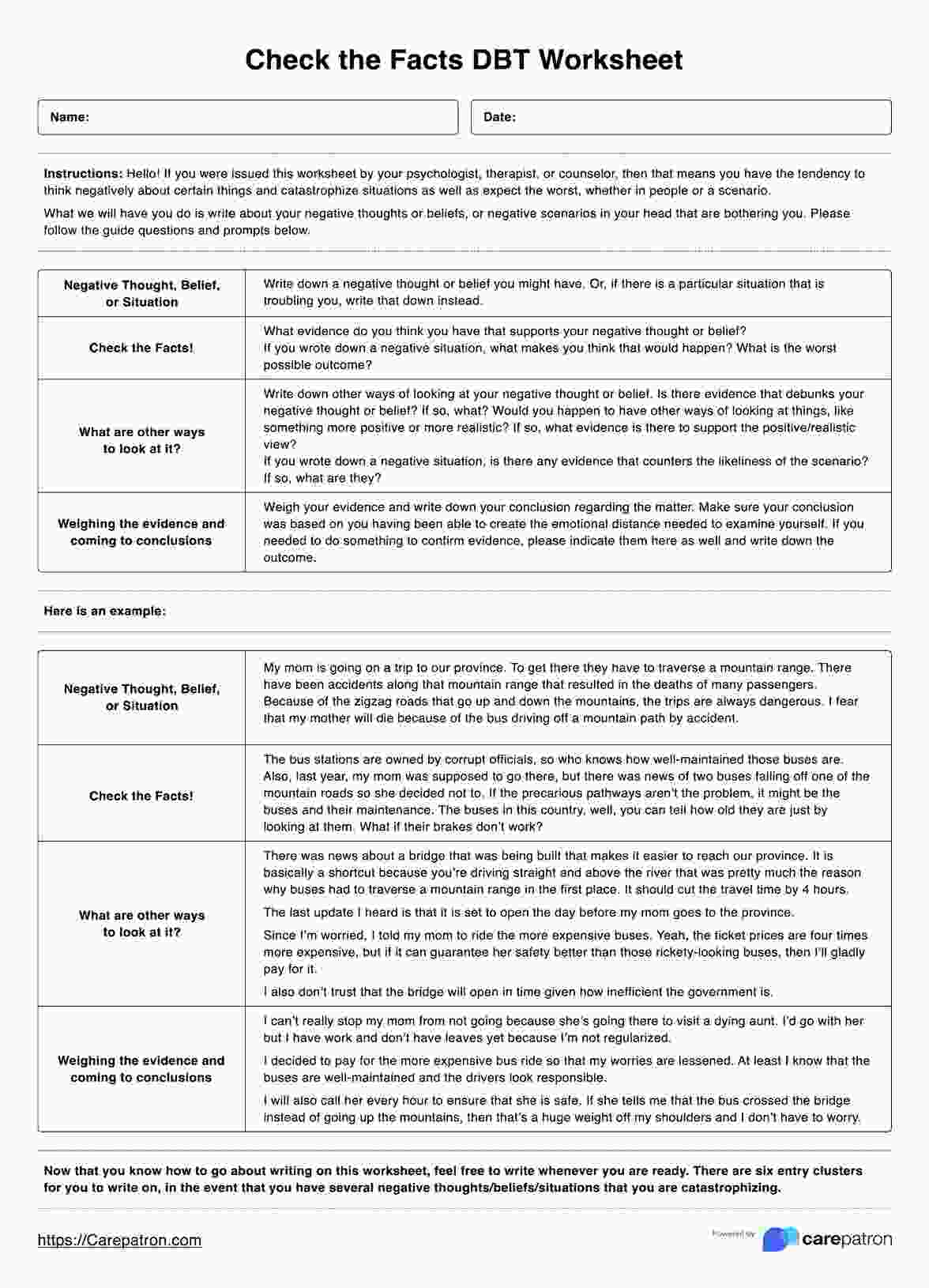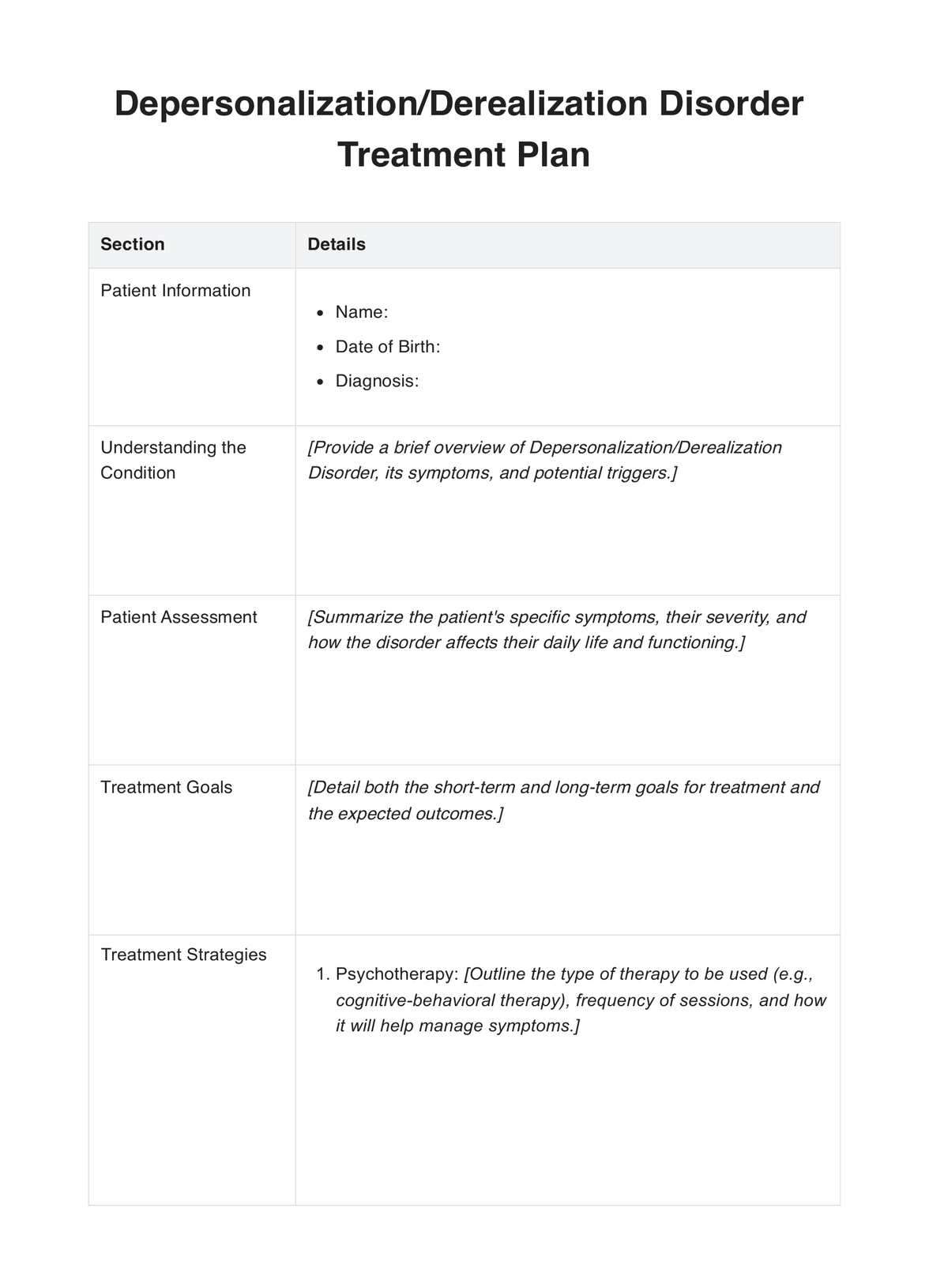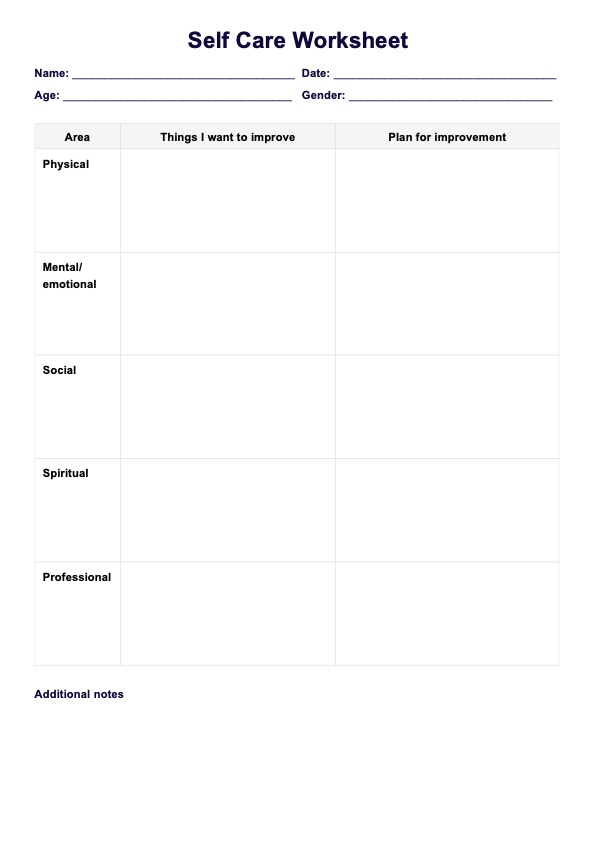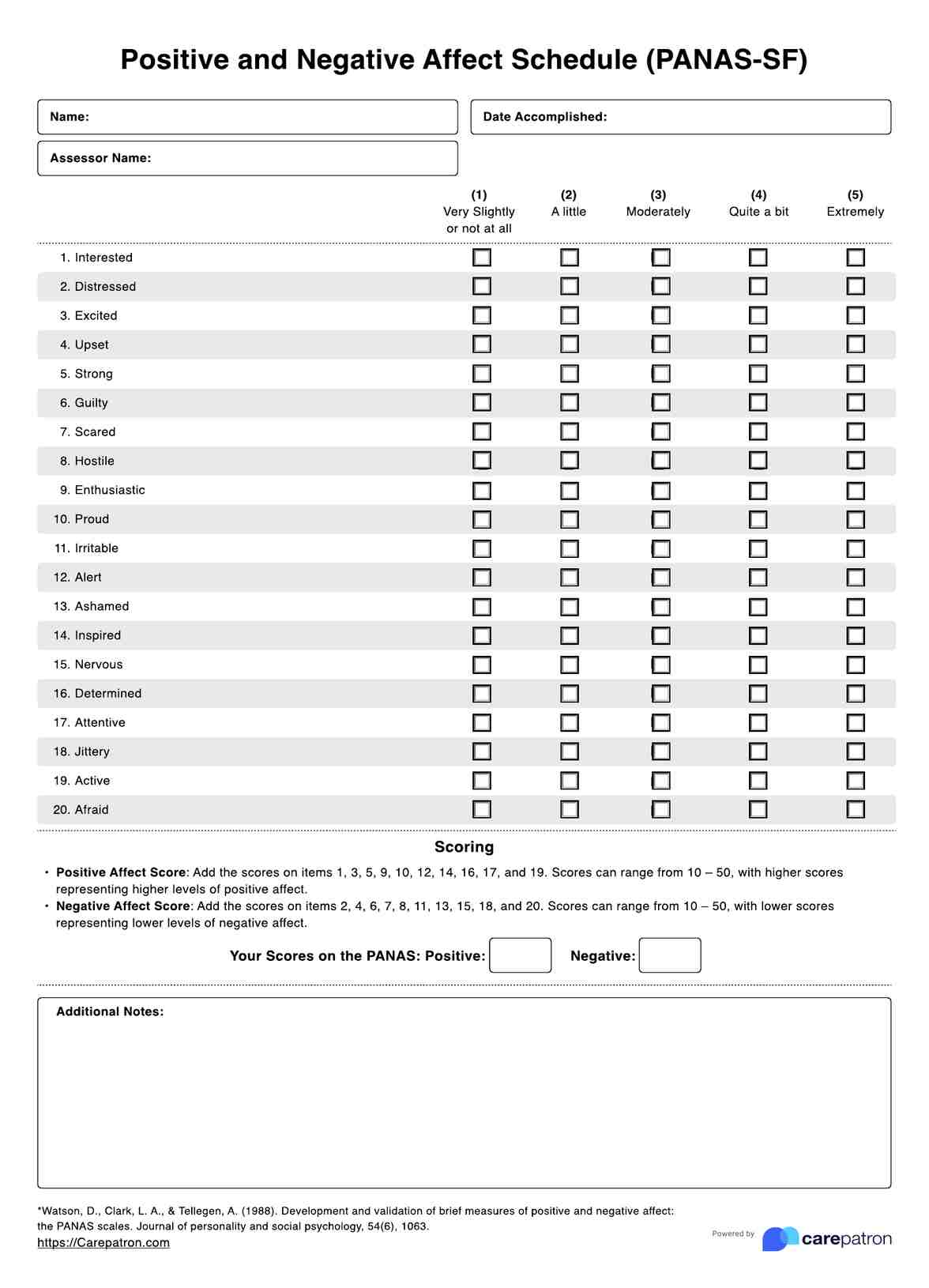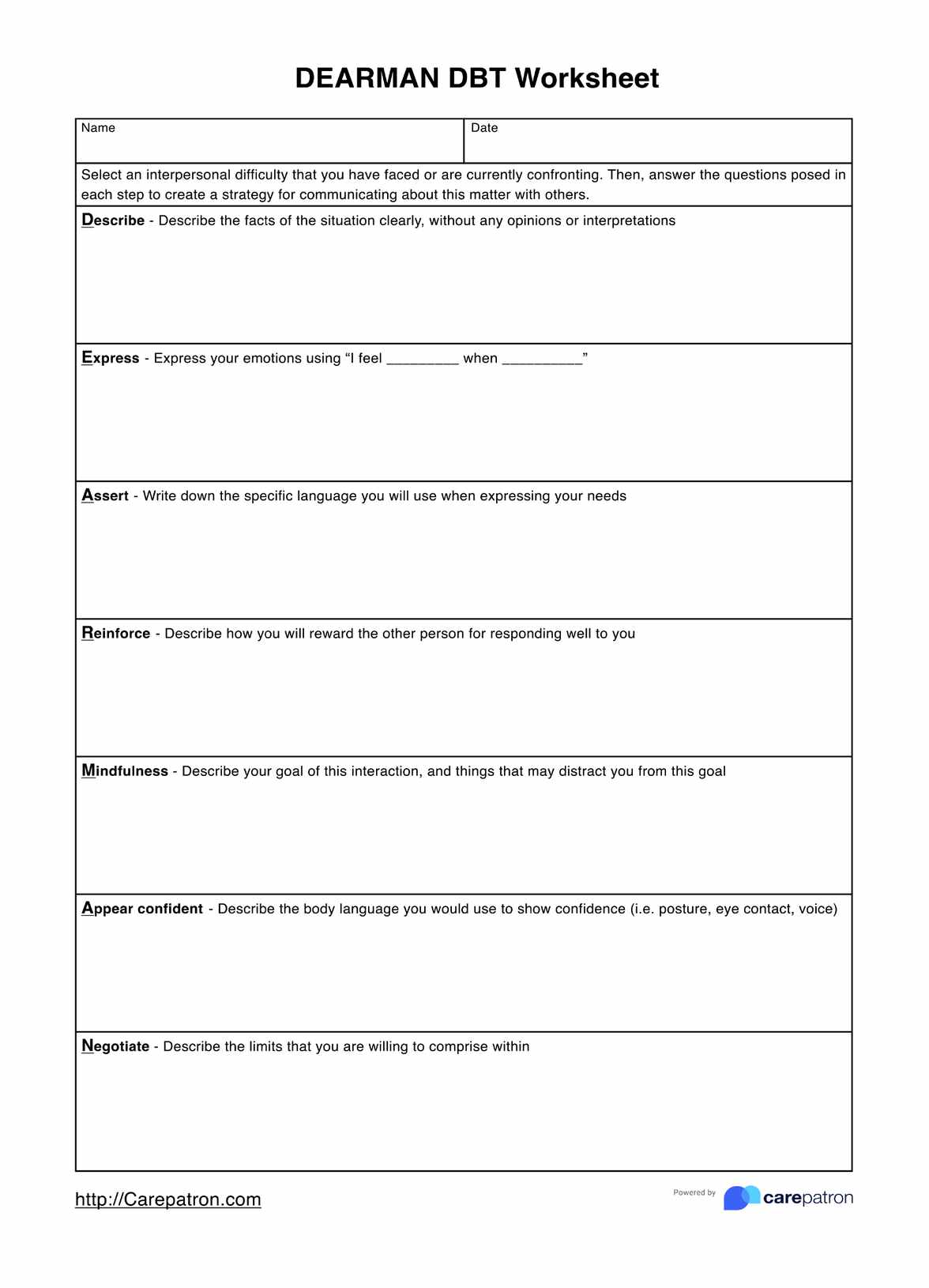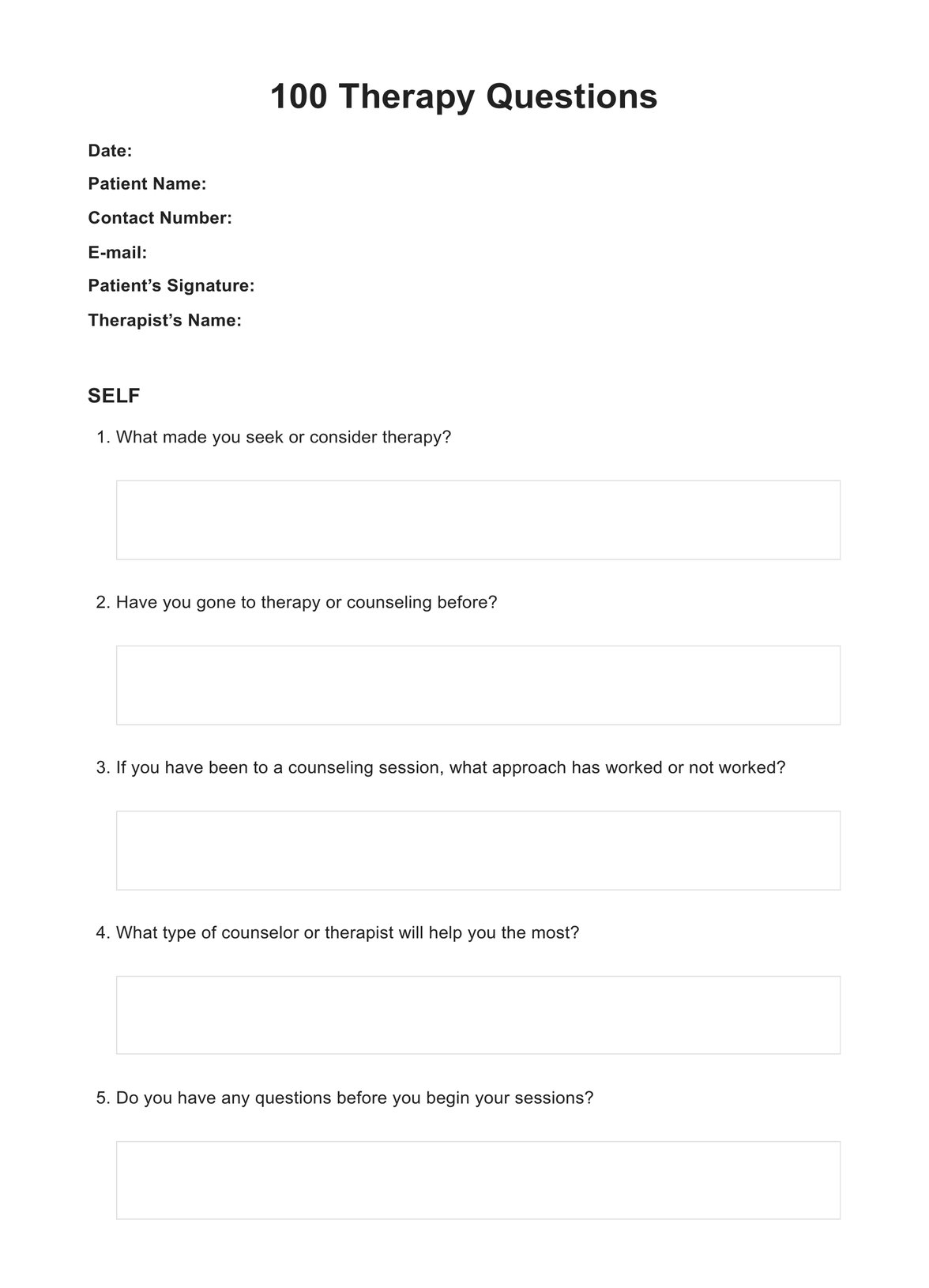I Feel Disrespected in My Relationships DBT Worksheet
Empower your emotional growth with the 'I Feel Disrespected in My Relationships DBT Worksheet' for effective healthcare solutions.


What is Dialectical Behavior Therapy?
Dr. Marsha Linehan created the comprehensive and scientifically supported therapeutic strategy known as in the late 1980s to treat people with borderline personality disorder (BPD). DBT is a valuable tool for treating various mental health conditions and emotional dysregulation because it has been modified and expanded over time to address various emotional and behavioral difficulties.
DBT is rooted in dialectics, synthesizing seemingly opposing concepts or ideas. In the context of therapy, DBT combines elements of acceptance and change to help individuals develop more effective ways of coping with distressing emotions and improving their interpersonal relationships.
Interpersonal effectiveness is a core component of DBT and focuses on enhancing one's ability to navigate social interactions, communicate assertively, and build healthier relationships. This aspect of DBT is essential because many individuals struggling with emotional regulation difficulties face challenges in their interactions.
In DBT, interpersonal effectiveness skills are taught through various modules and techniques, including:
DEAR MAN: This acronym stands for Describe, Express, Assert, Reinforce, Mindful, Appear confident, and Negotiate. It provides a structured approach to assertive communication, helping individuals express their needs, set boundaries, and resolve conflicts while maintaining self-respect and respecting others.
GIVE: This skill encourages individuals to be Gentle in their approach, act Interested in others' perspectives, Validate their feelings, and use an Easy manner when communicating. GIVE is particularly helpful in complex or high-stakes conversations.
FAST: An acronym for Fair, Apologies, Stick to Values, and Truthful. FAST teaches individuals to maintain self-respect and assertiveness while preserving relationships and preventing unnecessary conflict.
Checking the Facts: Encourages individuals to examine their assumptions and interpretations of situations before reacting emotionally. This helps in reducing miscommunication and impulsive reactions.
DBT's focus on interpersonal effectiveness equips individuals with the tools they need to build and maintain healthier relationships, which, in turn, supports their overall emotional well-being. DBT helps individuals navigate complex social situations with confidence and resilience by teaching them how to balance assertiveness and empathy.
This comprehensive approach to therapy has proven highly effective in improving emotional regulation and interpersonal skills, making it a valuable resource in mental health treatment.
I Feel Disrespected in My Relationships DBT Worksheet Template
I Feel Disrespected in My Relationships DBT Worksheet Example
How to use the I Feel Disrespected in My Relationships DBT Worksheet:
The I Feel Disrespected in My Relationships DBT Worksheet is a valuable tool designed to assist individuals in understanding and managing their feelings of disrespect within their relationships using Dialectical Behavior Therapy (DBT) principles. This worksheet is handy for those who experience challenges in interpersonal effectiveness, as it guides them through a structured process of self-reflection and skill-building.
How to Use the I Feel Disrespected in My Relationships DBT Worksheet:
Step 1: Identify the Situation
Describe the specific situations or instances in which you have felt disrespected within your relationships. Include details such as who was involved, where and when, and any triggers contributing to your feelings.
Step 2: Identify Your Emotions
List the range of emotions you experienced during these situations. Be as specific as possible, identifying emotions like anger, frustration, hurt, or anxiety.
Step 3: Automatic Thoughts
Identify the automatic thoughts or beliefs that arose during these situations. These are thoughts that emerged spontaneously, without much conscious control. Write down the reviews that crossed your mind in response to feeling disrespected.
Step 4: Cognitive Distortions
Analyze your automatic thoughts for cognitive distortions, such as all-or-nothing thinking, mind-reading, or jumping to conclusions. Identify any distorted thought patterns that may have influenced your emotional reactions.
Step 5: DBT Skill Application
Consider how you can apply DBT skills to cope with similar situations in the future effectively. Choose mindfulness, emotion regulation, interpersonal effectiveness, or distress tolerance skills. Describe how these skills can be utilized to manage your emotions and interpersonal interactions.
Step 6: Action Plan
Based on your analysis and DBT skill application, create a practical action plan for responding differently in similar situations. Outline specific steps and strategies you intend to implement.
Step 7: Review and Self-Reflection
Periodically revisit your action plan and reflect on your progress. Assess whether adjustments are needed and what you've learned about yourself and your relationships through this process.
When would you use this I Feel Disrespected in My Relationships DBT Worksheet?
The I Feel Disrespected in My Relationships DBT Worksheet is a versatile tool that can be employed in various situations and by different healthcare professionals to assist individuals in addressing feelings of disrespect within their relationships.
Here are some of the best and most appropriate times to use this assessment:
Individual Therapy Sessions (Therapists/Counselors)
Mental health professionals, such as therapists and counselors, can use this worksheet during individual therapy sessions when clients express concerns about feeling disrespected in their relationships. It serves as a structured framework for clients to explore their emotions, thoughts, and coping strategies, helping them work through specific instances of disrespect.
Group Therapy or Support Groups (Group Facilitators)
Group facilitators can incorporate this worksheet into group therapy sessions or support groups focusing on interpersonal effectiveness. It encourages participants to share their experiences, learn from each other, and collectively develop healthier ways to deal with feelings of disrespect.
Workshops and Skill-Building Programs (Coaches/Instructors)
Coaches and instructors conducting workshops or skill-building programs related to emotional regulation and interpersonal skills can include this worksheet as a practical exercise. It provides participants with a structured approach to analyze and address their feelings of disrespect within relationships.
Couples or Family Therapy (Family Therapists)
Family therapists can utilize this worksheet during couples or family therapy sessions to address issues related to disrespect within familial or romantic relationships. It encourages open communication and helps family members or teams develop effective conflict-resolution strategies.
Self-Help and Self-Reflection (Self-Help Enthusiasts)
Individuals seeking self-improvement can use this worksheet independently for self-reflection and personal growth. It empowers them to gain insights into their emotional responses, thought patterns, and interpersonal interactions, fostering healthier relationships.
In Crisis Intervention (Crisis Counselors)
Crisis counselors can use this worksheet when assisting individuals in crisis who are dealing with feelings of disrespect. It can help clients regain emotional stability and develop immediate coping strategies.
What are the benefits of using this I Feel Disrespected in My Relationships DBT Worksheet?
The "I Feel Disrespected in My Relationships DBT Worksheet" offers several valuable benefits for individuals seeking to address and manage their feelings of disrespect within their relationships. Here are some of the key advantages of using this free resource:
Enhanced Self-Awareness
This worksheet encourages individuals to delve into their emotions, thoughts, and automatic responses when disrespected. It fosters self-awareness, helping individuals better understand their reactions and triggers.
Improved Emotional Regulation
Individuals can develop strategies to manage and regulate their emotional responses more effectively by identifying and examining the emotions associated with feeling disrespected.
Cognitive Restructuring
The worksheet prompts users to analyze their automatic thoughts and cognitive distortions related to disrespect. This mental restructuring process can lead to more balanced and rational thinking patterns.
Skill Development
It guides individuals in applying DBT skills related to interpersonal effectiveness, such as assertive communication and emotional regulation. These skills are essential for improving relationships and resolving conflicts.
Concrete Action Plan
Users can create a practical action plan to address disrespect in their relationships. This plan outlines specific steps and strategies for responding differently in similar situations, leading to more positive outcomes.
Fosters Healthier Relationships
Over time, the consistent use of this worksheet can contribute to healthier, more respectful, and more satisfying relationships. It empowers individuals to assertively communicate their feelings and needs while respecting the boundaries of others.
Self-Help and Self-Reflection
It can be used as a self-help tool for personal growth and self-improvement. Individuals can work through the worksheet independently to foster greater emotional resilience and improved interpersonal skills.
Commonly asked questions
This worksheet can be used by individuals seeking to address feelings of disrespect in their relationships. It is also a valuable resource for healthcare professionals, therapists, counselors, and group facilitators working with clients or groups dealing with similar issues.
Yes, it is. Individuals can use this worksheet independently for self-reflection and personal growth. Healthcare professionals can also use it as part of their therapy sessions or group work to assist clients in addressing feelings of disrespect in their relationships.
The main steps include identifying the situation, recognizing emotions, identifying automatic thoughts, analyzing cognitive distortions, applying DBT skills, creating an action plan, and periodically reviewing and reflecting on progress.


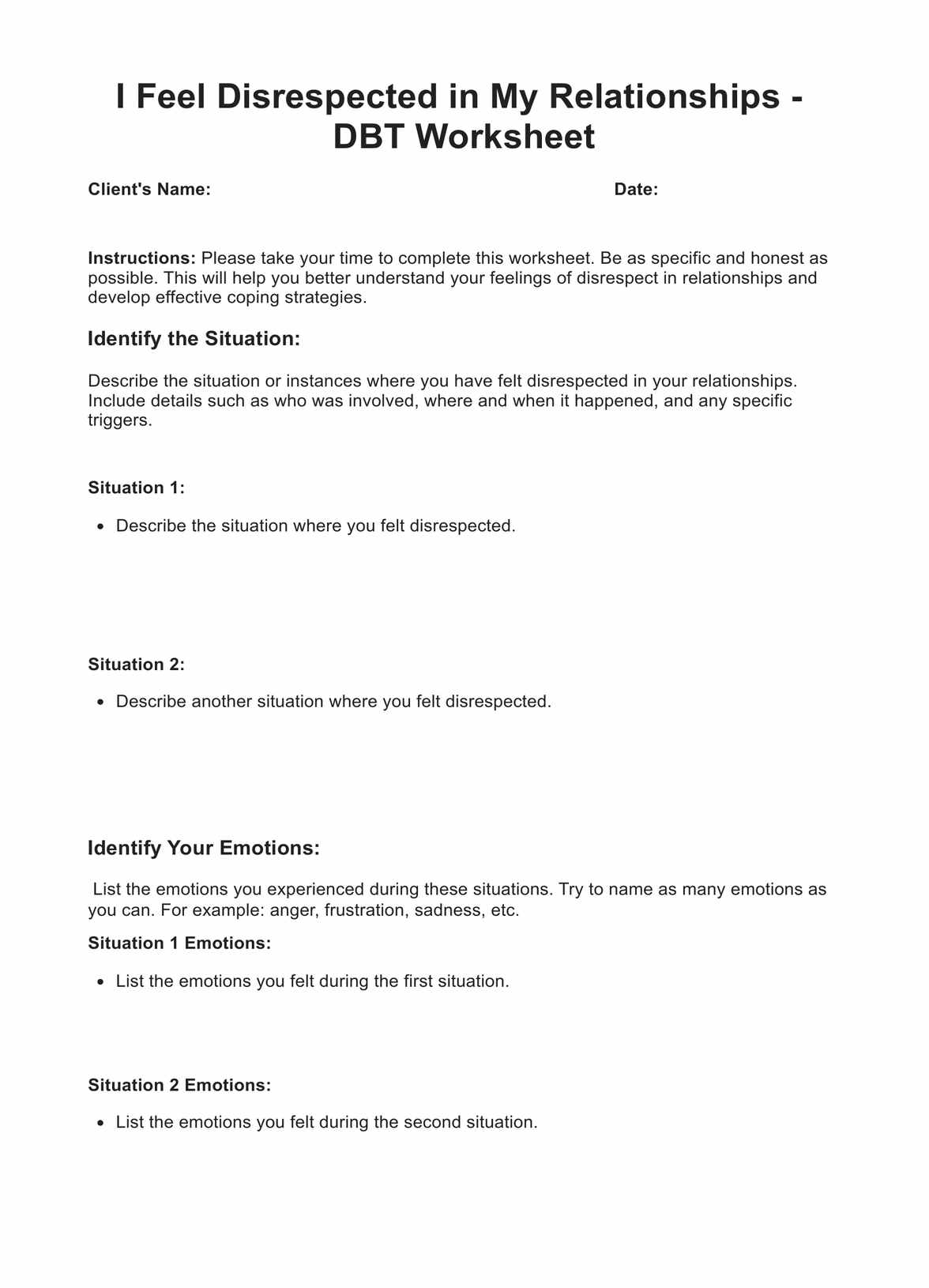
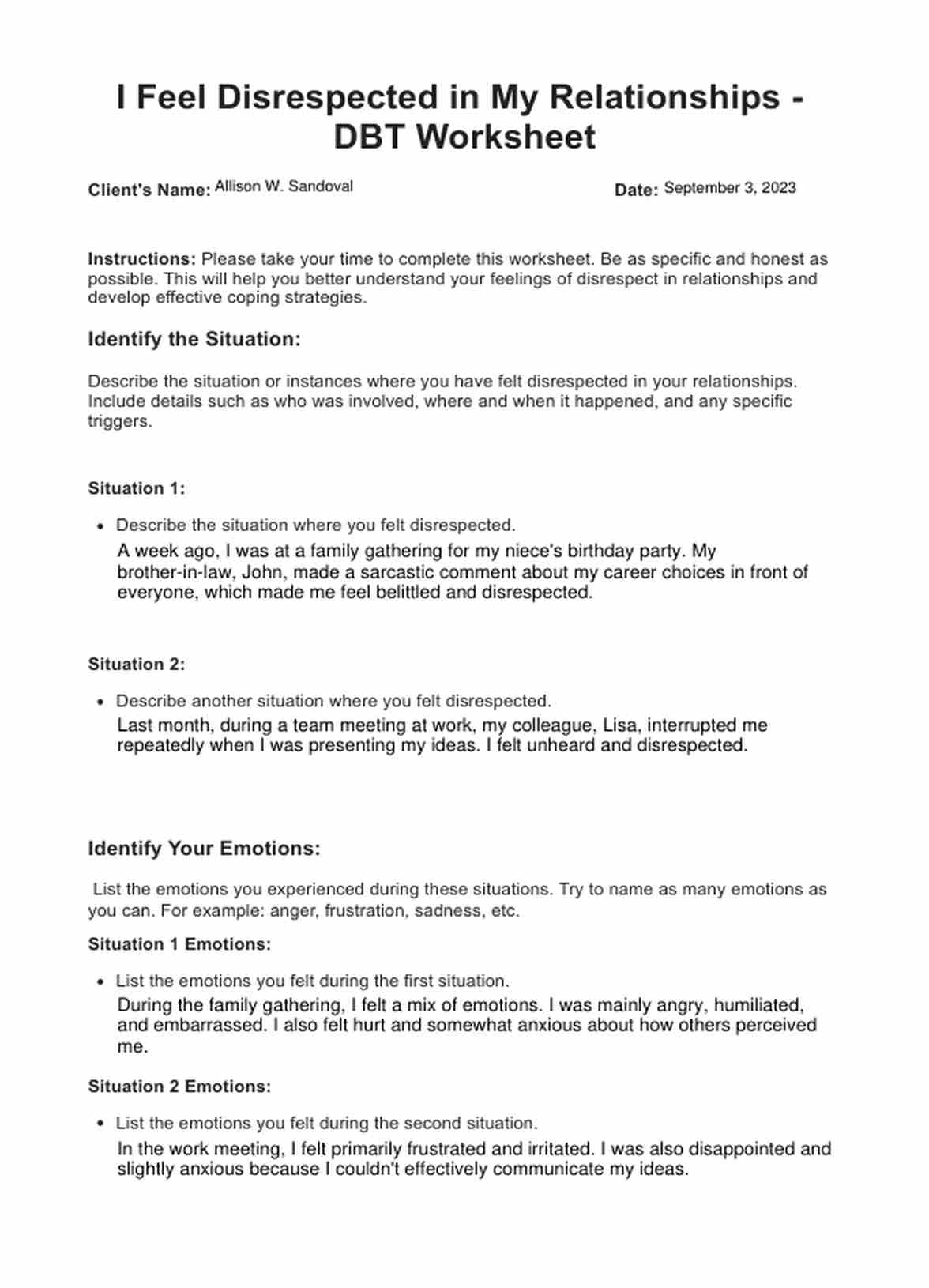







-template.jpg)






